Darfur, Sudan - After 18 months of bloodshed, siege, and starvation in the city of El-Fasher, Sudan’s paramilitary Rapid Support Forces (RSF) have publicly agreed to a humanitarian ceasefire proposed by the United States, Saudi Arabia, the UAE, and Egypt. But the silence of Sudan’s military-led government leaves the truce hanging in the air, uncertain, as bodies are still being buried in shallow graves and children still go to sleep without food.
The RSF’s statement, released Thursday, claims that the agreement aims to address “catastrophic humanitarian consequences” and promises urgent aid delivery. But for the thousands who fled the siege - many now living in makeshift camps in Tawila - the promises echo too late. The United Nations’ global hunger monitor has confirmed full-scale famine in the region.
A City Crushed Under Siege
El-Fasher was more than just a military objective, it was a city strangled slowly. The RSF’s encirclement cut off all aid access, ignored UN appeals, and left civilians withering inside. Witnesses described unimaginable scenes: men beaten for attempting to escape, families executed in front of their children, and corpses left unburied.
Now, with El-Fasher fallen, the RSF seeks to pivot the narrative. They have admitted to “violations,” announced investigations, and even released footage of one arrest. But international observers, including the UN Human Rights Council—have called for urgent sessions and independent inquiries, fearing the cleanup may be more theatrical than truthful.
Government Still Poised for War
While the RSF nods toward peace, Sudan’s military government remains hard-edged. Defense Minister Hassan Kabroun appeared on national television this week, thanking the US for peace proposals, while simultaneously vowing that war preparations would continue.
Sudan’s chargé d’affaires in Nairobi was more direct: there will be no peace unless the RSF surrenders entirely. He denied knowledge of any ceasefire, declaring the people’s resolve to defeat what he called “the militia.”
This disconnect exposes the reality of Sudan’s civil war: two sides, two narratives, and no bridge of trust.
Kitchens Collapsing, Hope Flickering
Meanwhile, the few lifelines left are breaking. A network of community-run kitchens—providing food in zones where international agencies cannot reach—are on the verge of collapse. Staffed by exhausted volunteers and running on scraps, many are expected to shut down within six months.
A volunteer told Islamic Relief, “We are the only thing standing between people and starvation. But we’re being forgotten.”
The UN estimates more than 24 million people in Sudan face acute food shortages. That’s more than half the country’s population.
A Crisis Beyond Borders
This conflict has created the world’s largest humanitarian crisis, yet global coverage remains sparse, fragmented, and delayed. While the RSF positions itself for diplomacy, and the government doubles down on military resolve, the people suffer,caught between empty corridors of power and the barrel of a gun.
Final Word
The ceasefire offer may be real. But the suffering already is. Whether this truce is the first breath of peace or another PR tactic will depend on what happens next - on the ground, in the camps, and in the hearts of men.
For now, Sudan waits. So do its people. And so does justice.
Sources & Further Reading
.png)
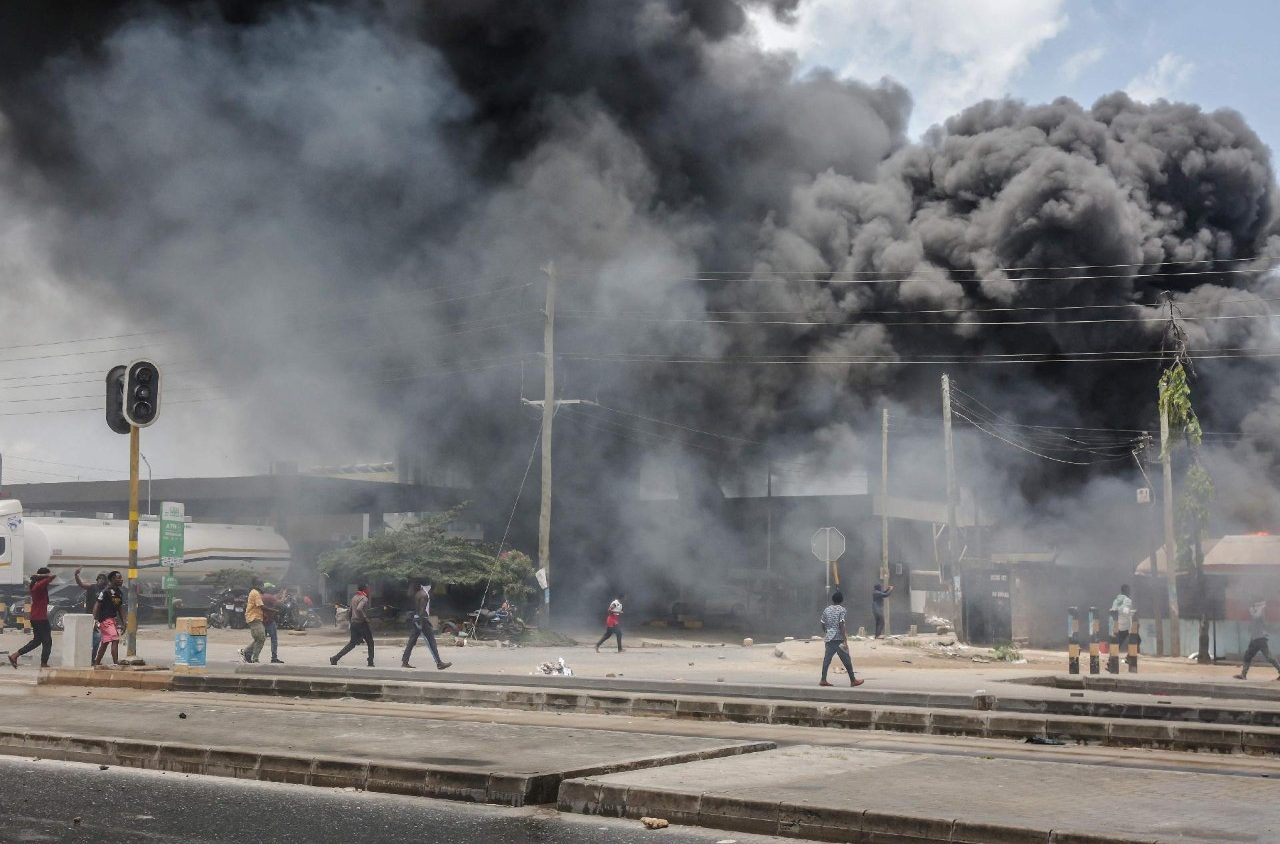

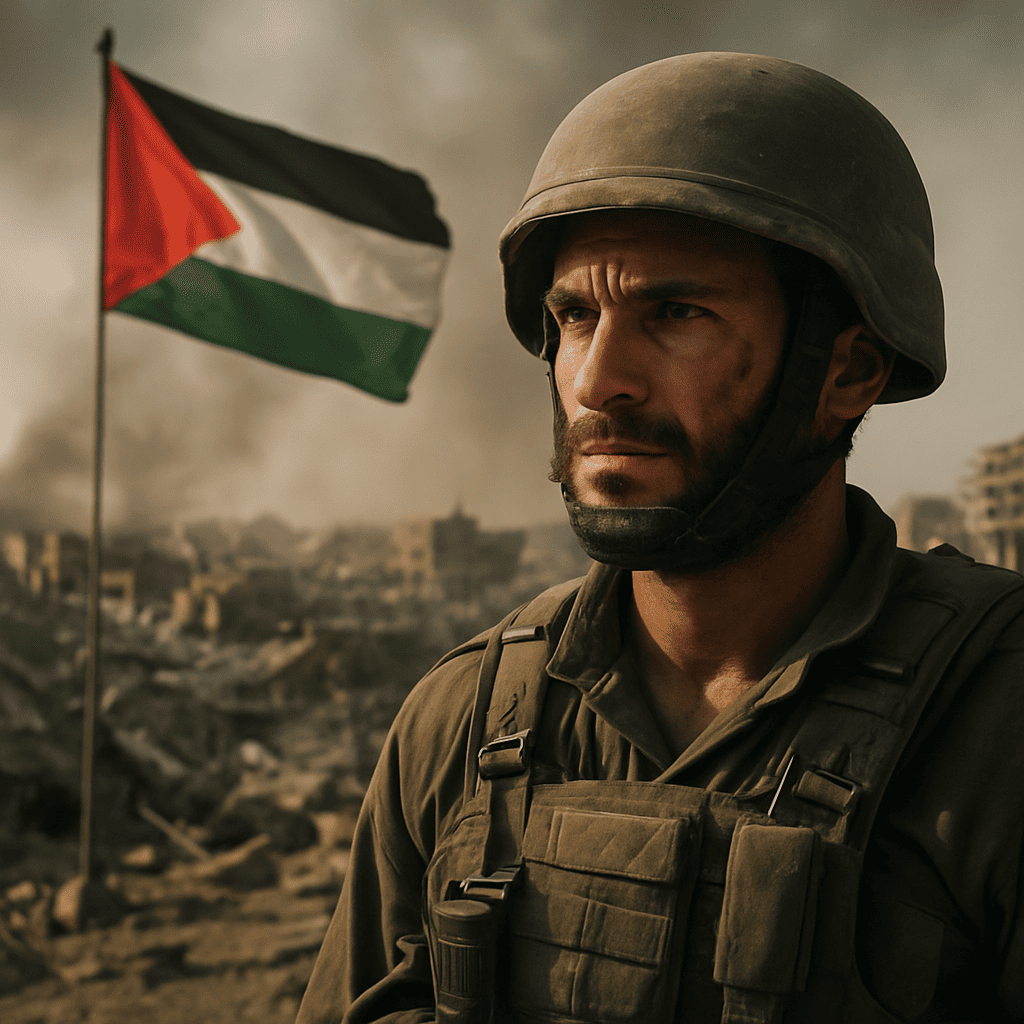
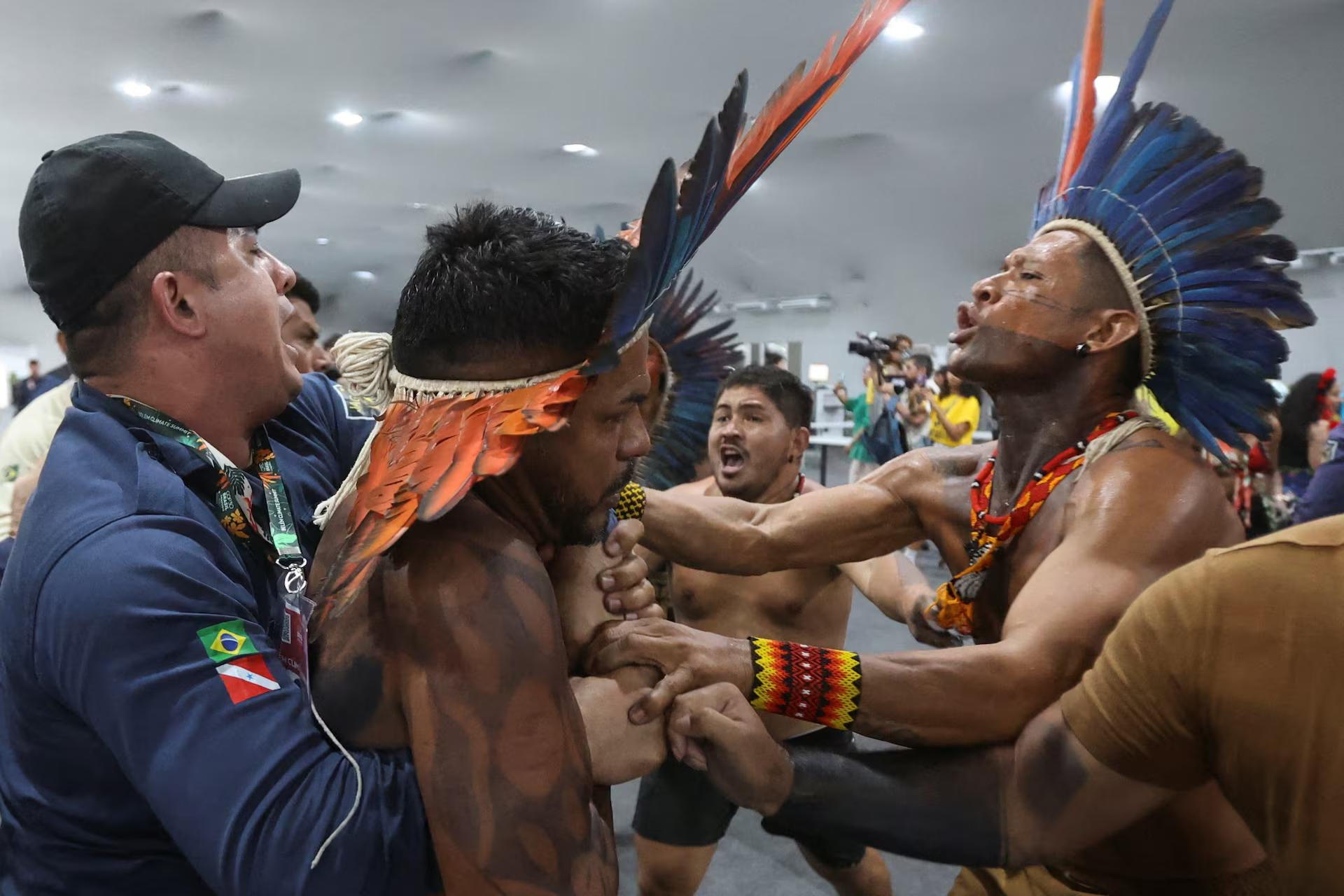

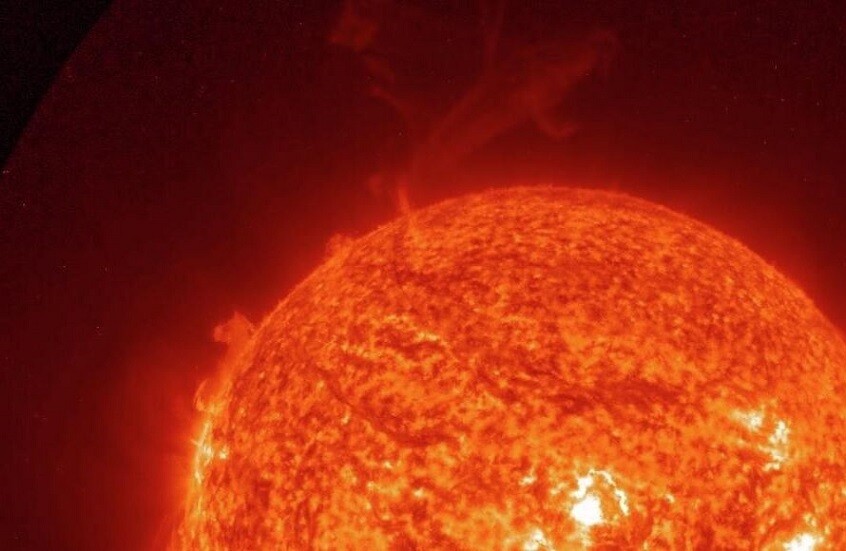
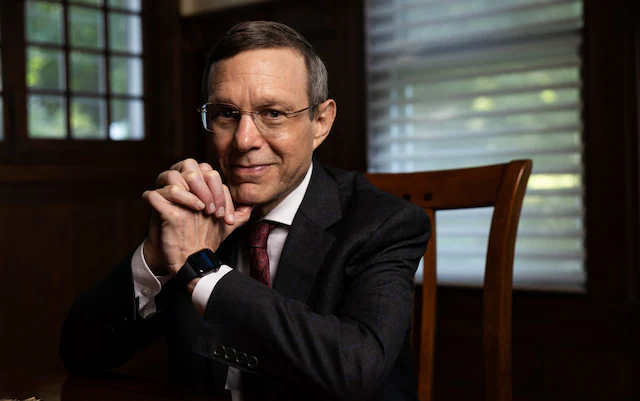


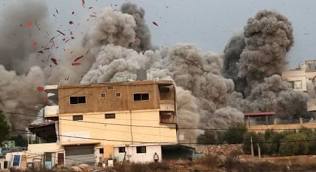

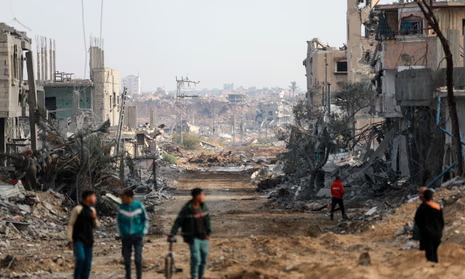
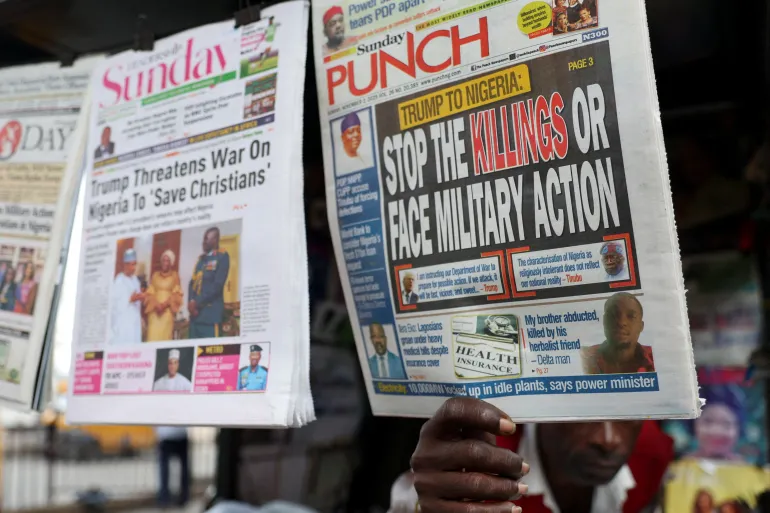
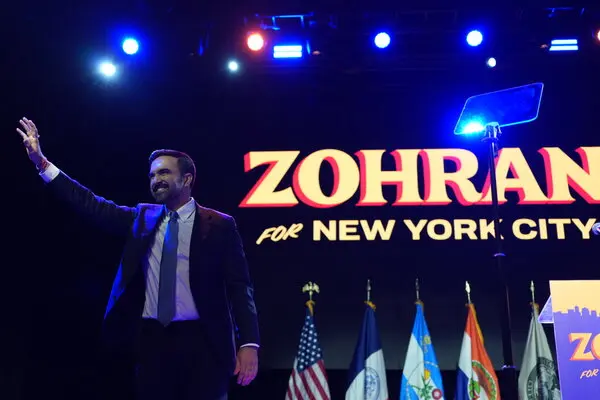

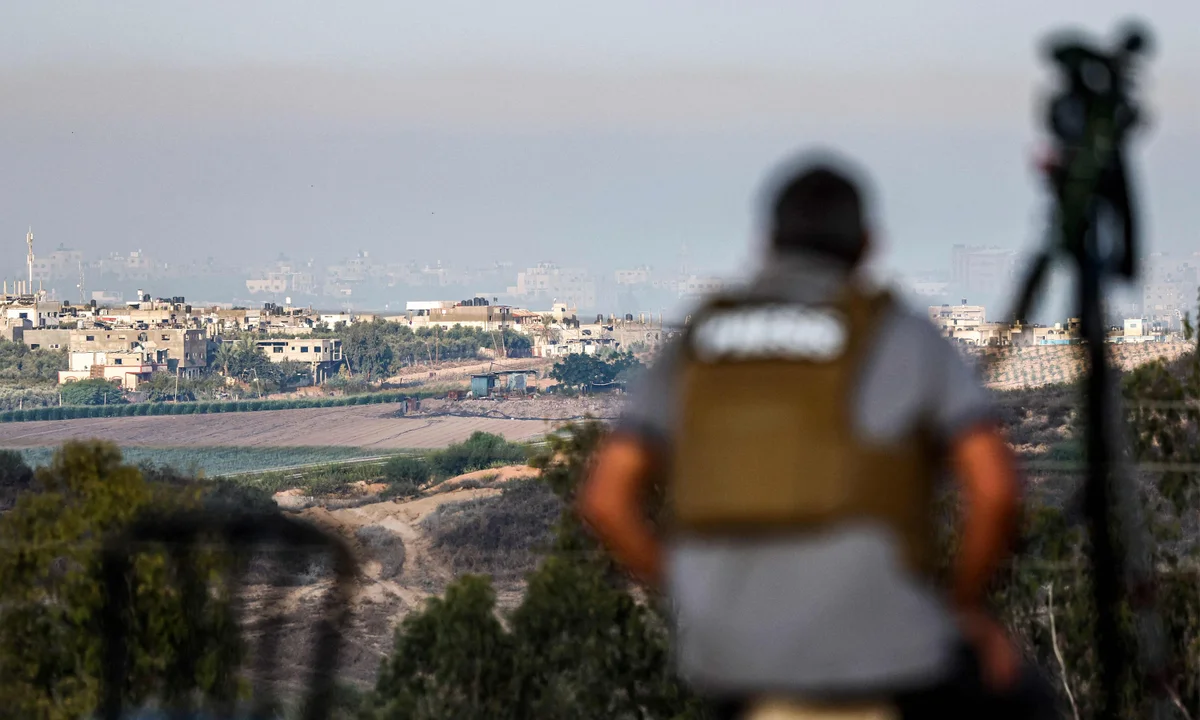
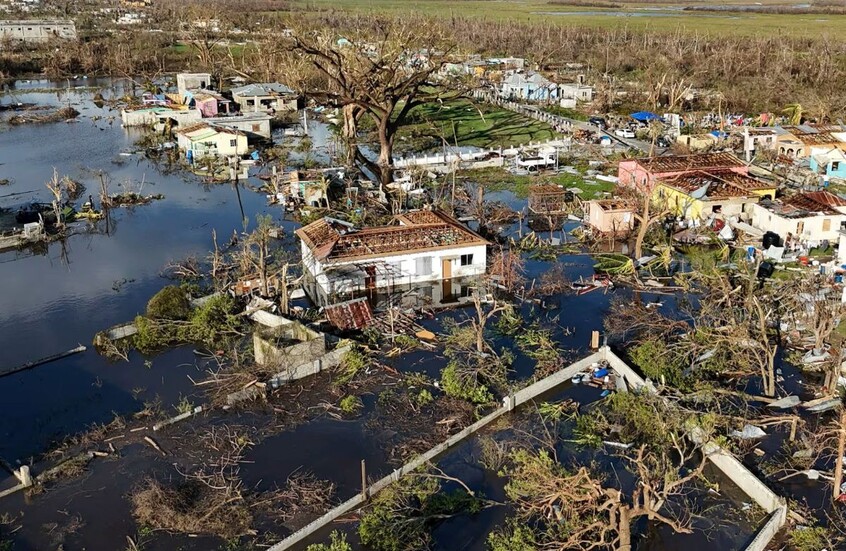
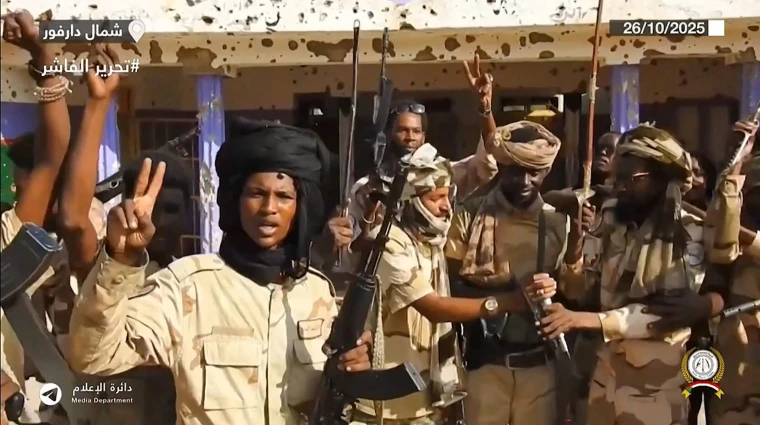

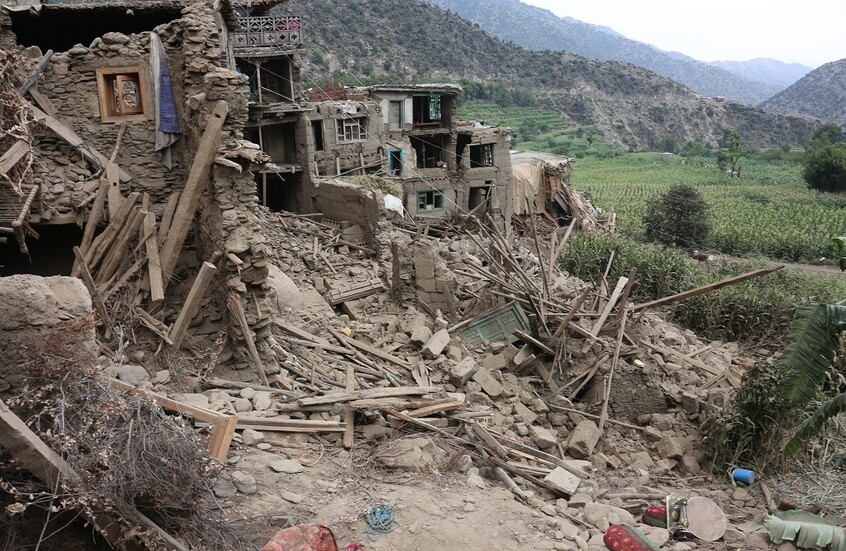
%20.jpg)

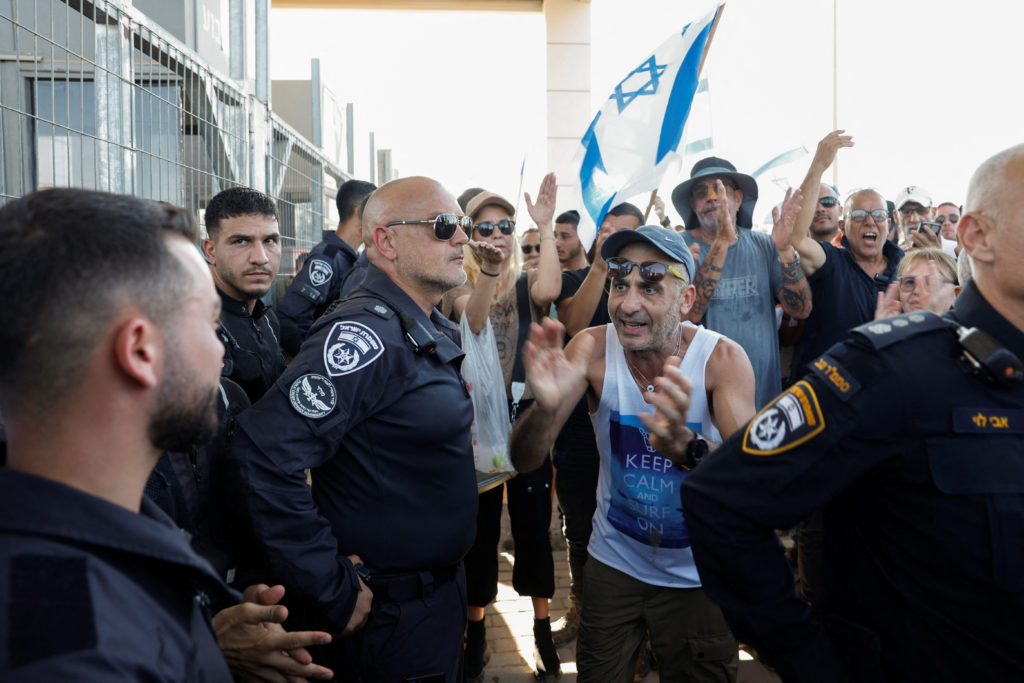
.png)

%20(1).png)

.png)

0 Bookmarks
0 Comments
Join the discussion